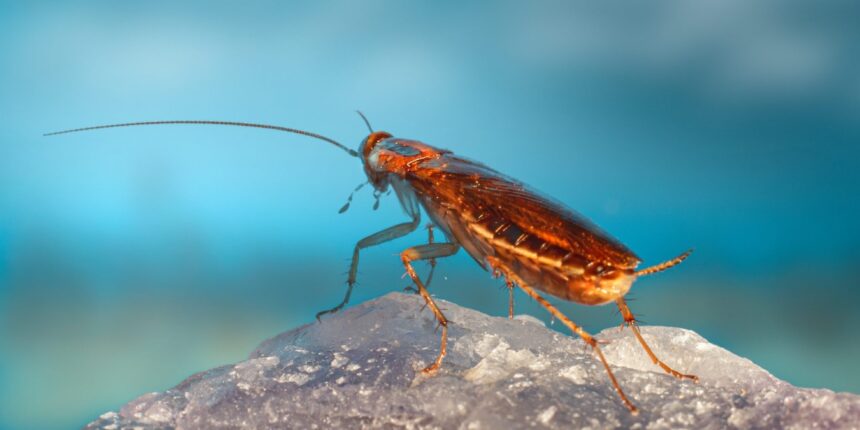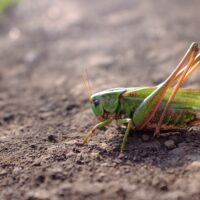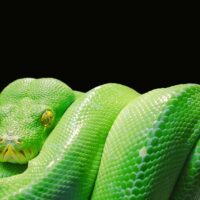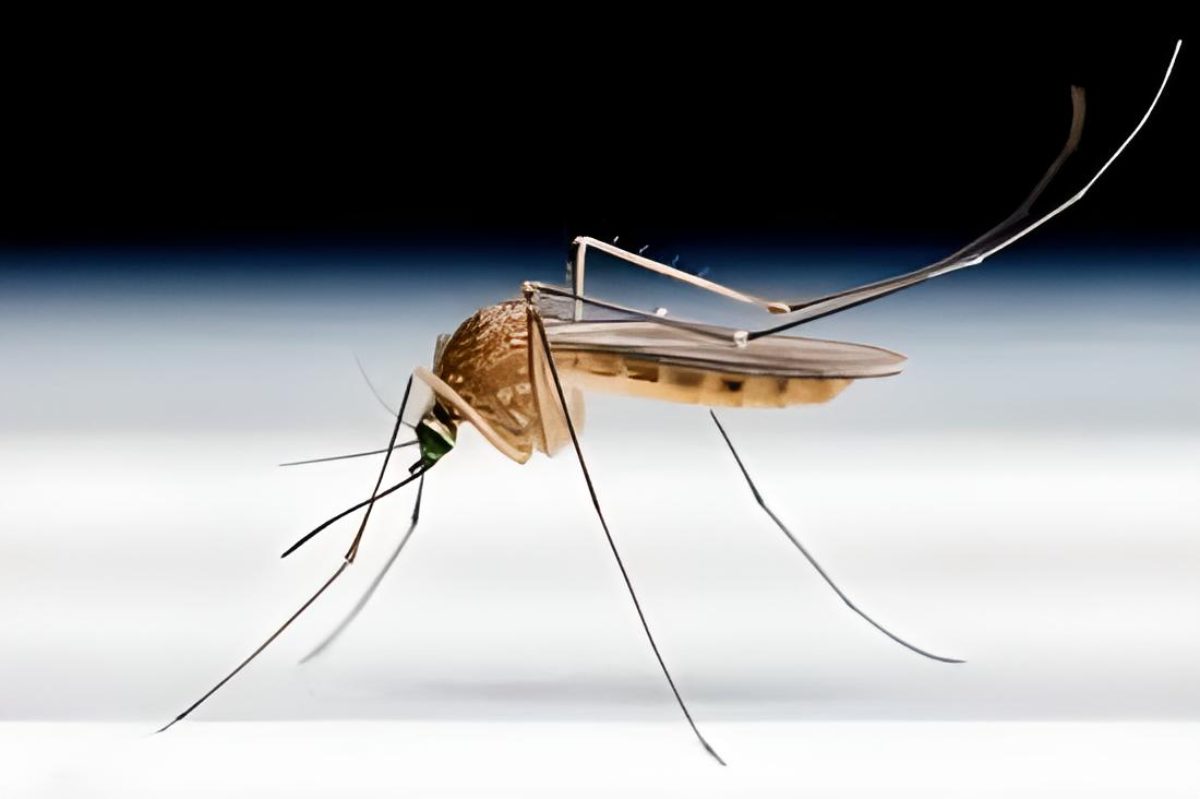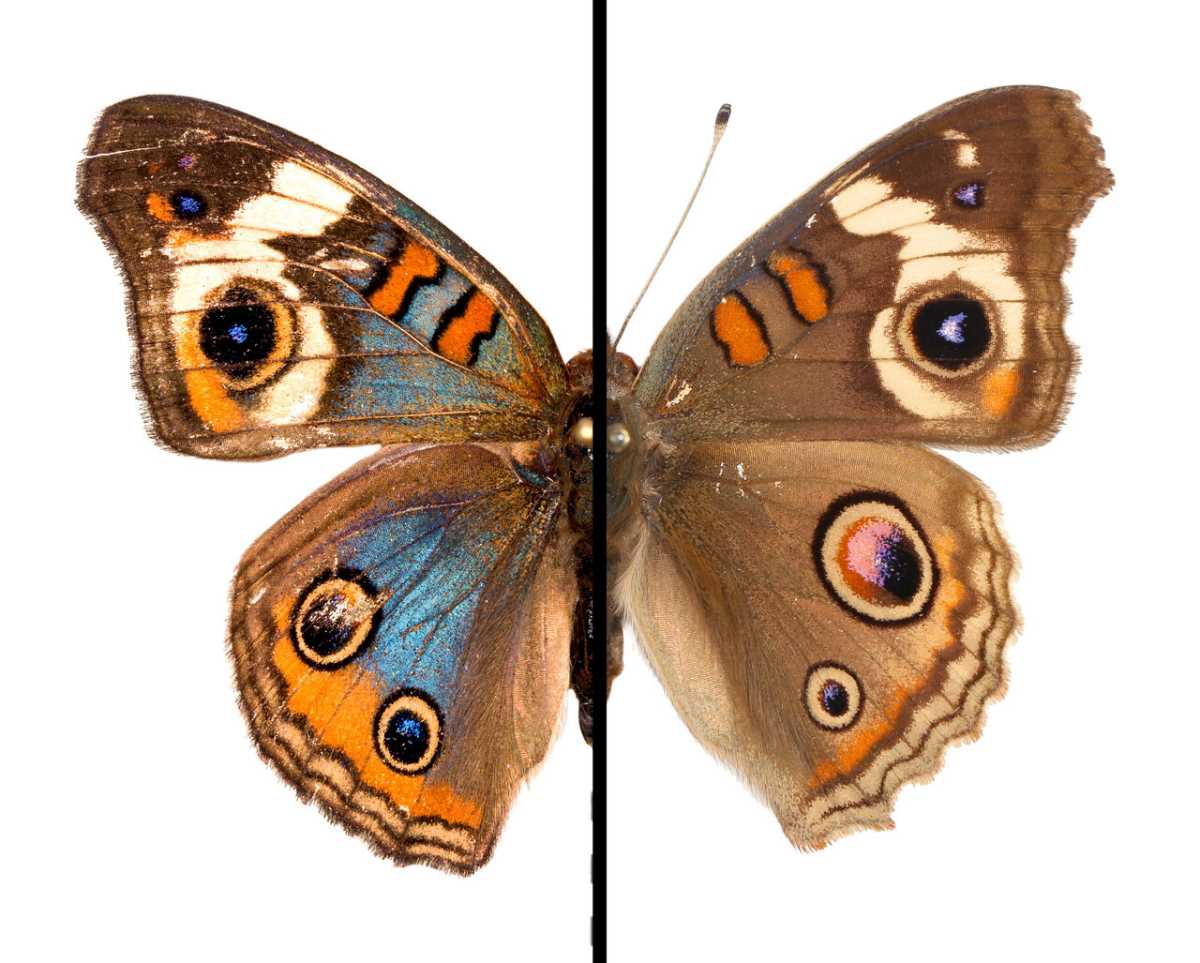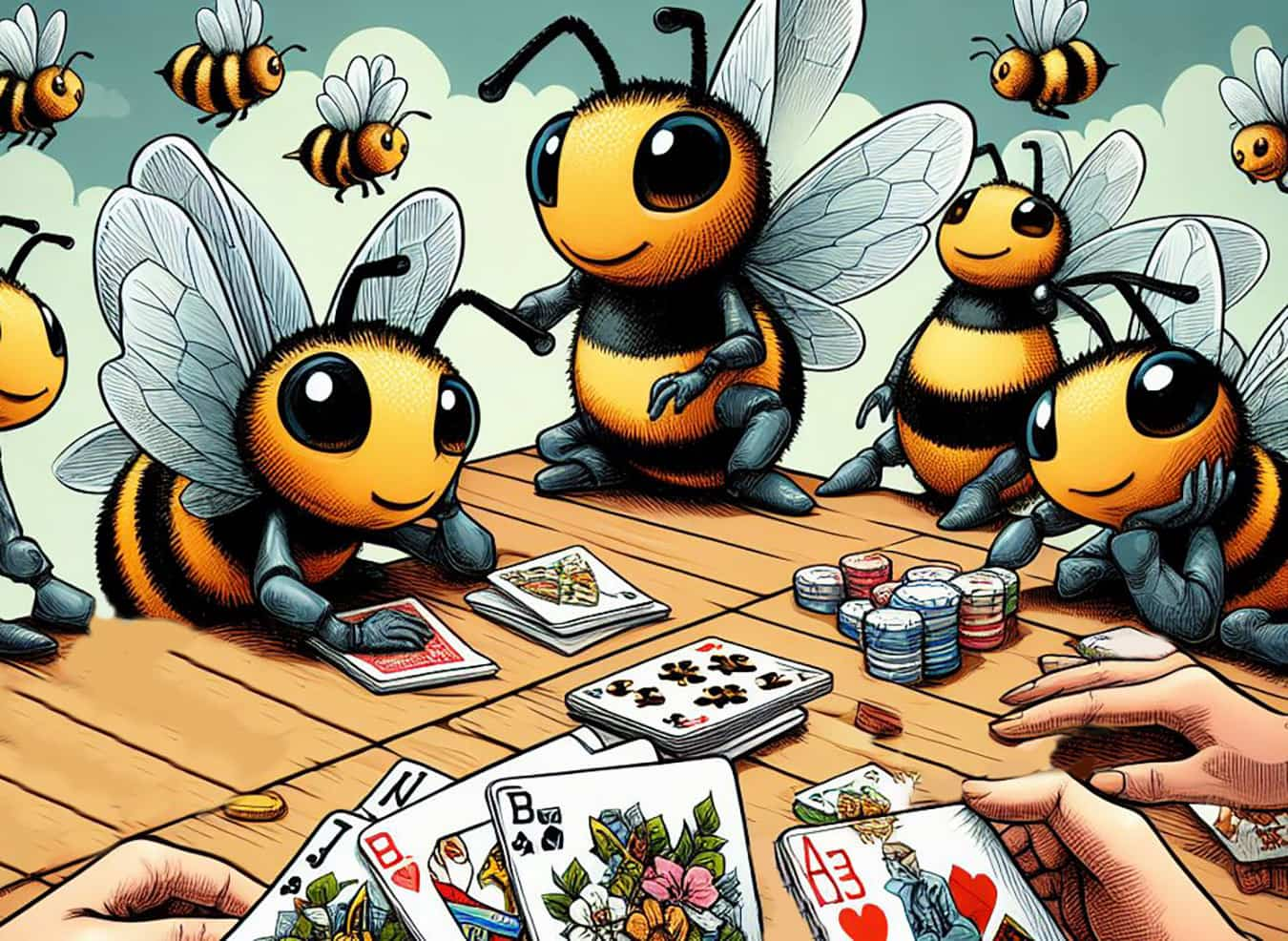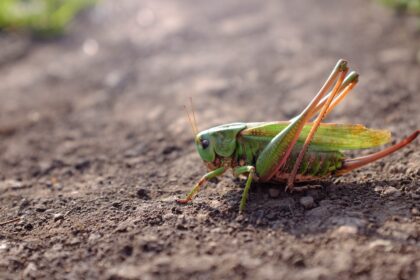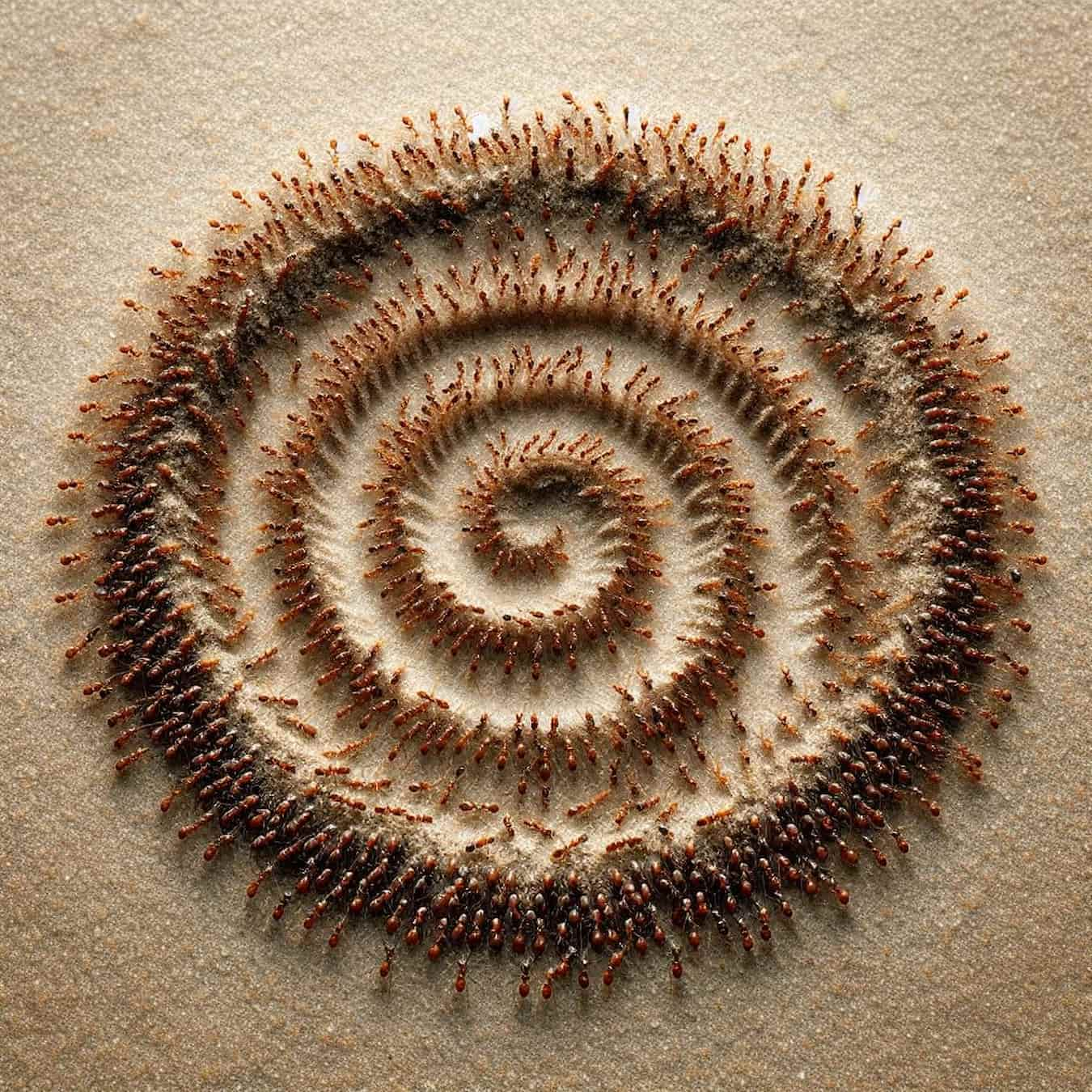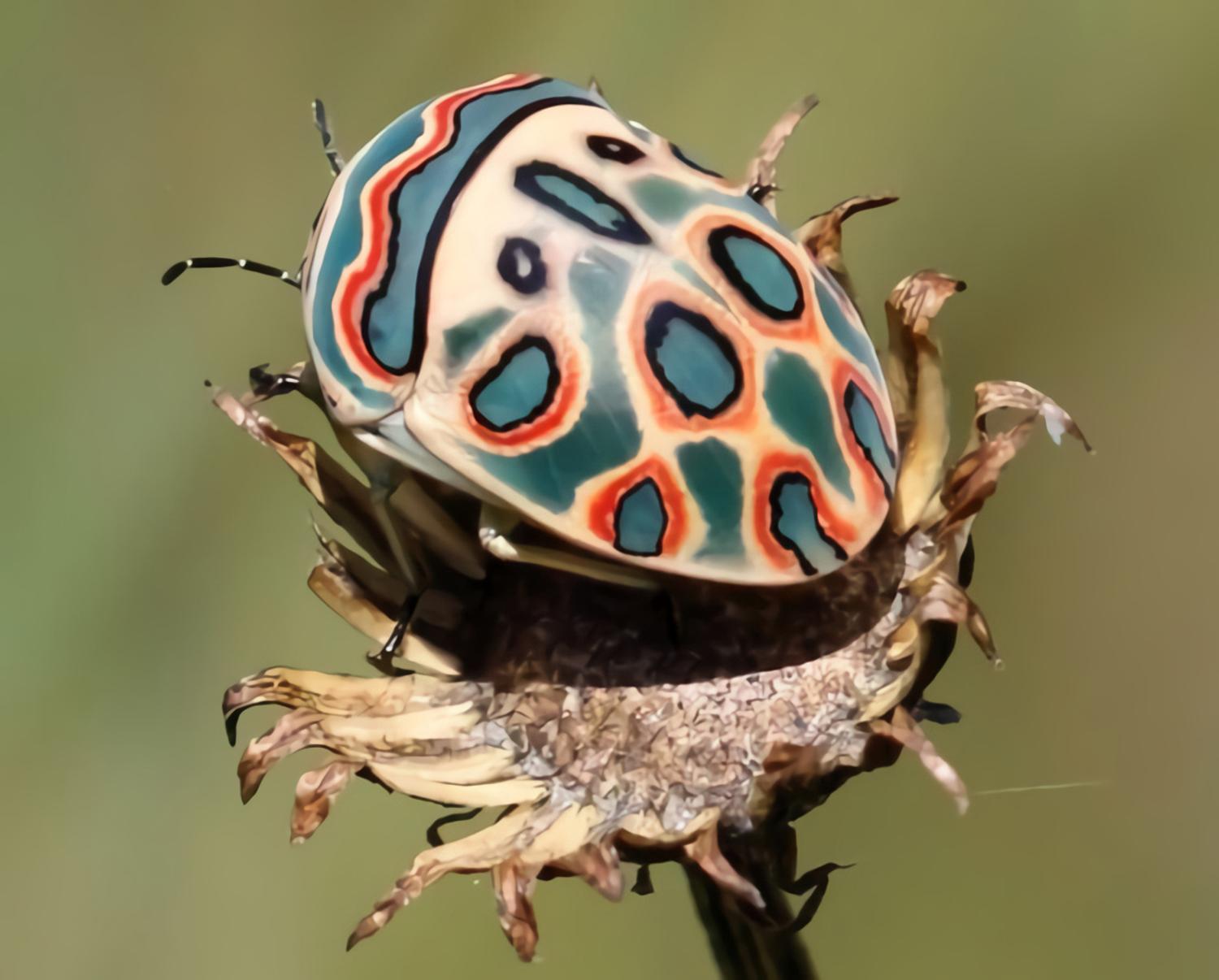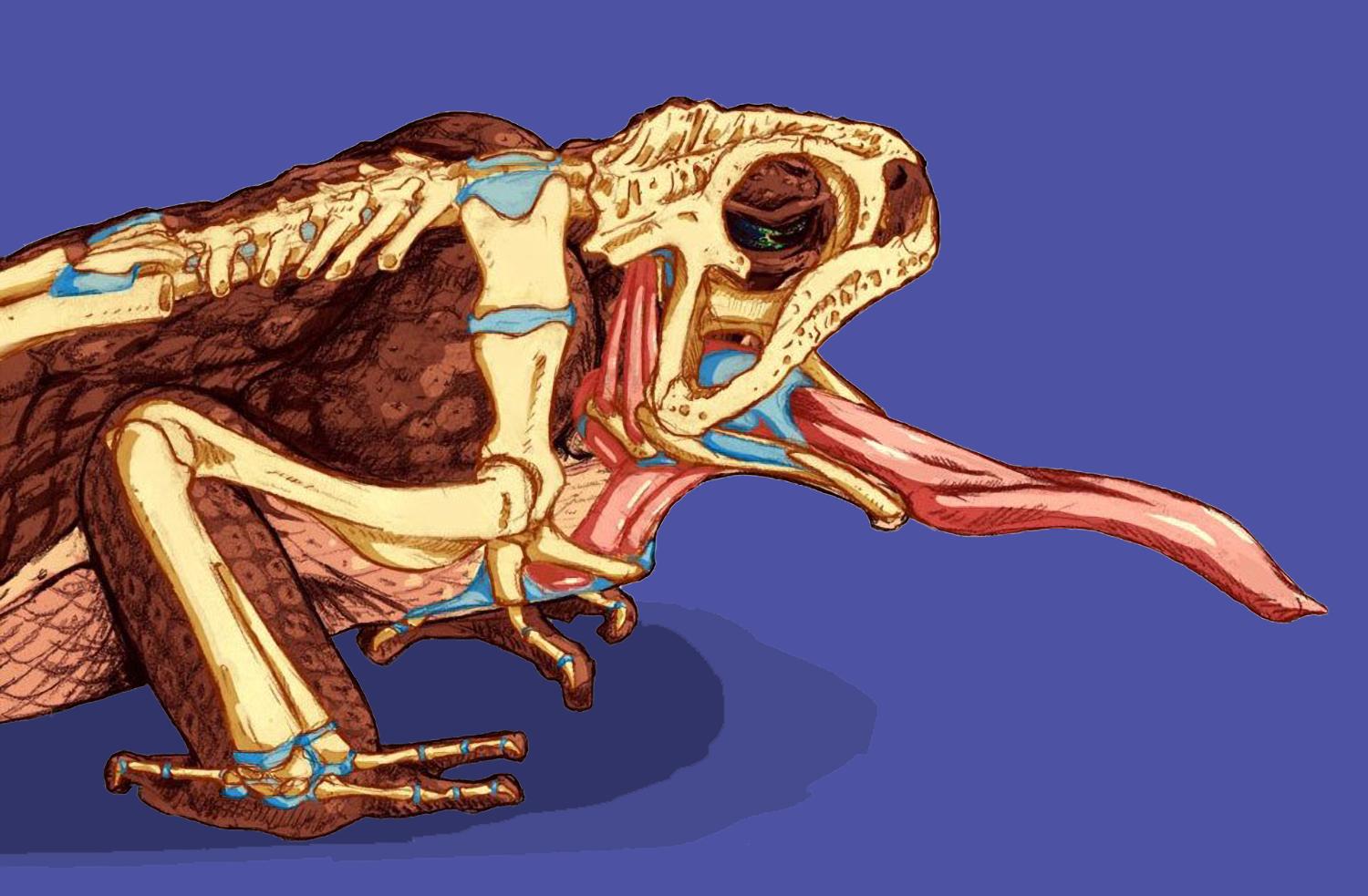We, humans, sleep periodically. Those who have trouble with it risk facing numerous health problems. All mammals sleep too — you can easily observe this in your cat.
Reptiles, amphibians, and birds also enjoy a nap, although it’s not always obvious whether these creatures are asleep. Many don’t close their eyes or change their posture when resting; they simply become still.
But can simpler creatures like insects sleep?
On the internet, you might come across claims such as “sleep is a brain function, and bugs and ants don’t have brains.” However, that is pure myth.
Insects have a brain composed of three lobes — the protocerebrum, deutocerebrum, and tritocerebrum. Of course, it’s not as sophisticated as a human brain. But calling insects “brainless” is not only disrespectful to them but also scientifically incorrect.
The average cockroach has around 200,000 neurons, while a human brain has roughly 86 billion. Moreover, the brain isn’t as vital for an insect’s survival as it is for mammals.
For instance, you could cut off a cockroach’s head, and it would still live for some time due to the activity of its nervous system in the rest of its body.
Nevertheless, an insect without a head wouldn’t fare well. It would only be capable of performing the simplest actions — like standing, crawling, and reacting to touch.
However, it wouldn’t be able to properly hunt or search for food. It would lack even a basic brain to make decisions, no sensory organs to navigate, and, quite frankly, no mouth to eat.
So, insects do indeed need their heads. And for their brains to function properly, they need rest. Insects are quite capable of sleeping, though not in the same way mammals do. They don’t need to lie down, nor can they close their eyes. Still, sleep is crucial for them.
Deprived of the ability to sleep, insects suffer from overexertion — just like us.
For example, researchers at the Institute of Neuroscience in California and scientists at the University of Pennsylvania conducted independent experiments on sleep deprivation in fruit flies (Drosophila). Poor flies that were kept awake for ten hours perished, while those left undisturbed restored their sleep patterns and returned to normal.
Most Drosophila prefer to rest in darkness and stay active in the light. After a sleepless night, they extended their sleep by 50% when allowed.
Overworked flies slept deeply and barely responded to external stimuli.
Drosophila are the most popular laboratory subjects. However, entomologists have studied the sleep of other insects as well — including cockroaches, bees, New Zealand wētā, and monarch butterflies.
For example, it is known for sure that cockroaches sleep.
These nocturnal creatures seek food in the dark and avoid light. During the day, they hide and doze off. The circadian behavior of cockroaches is controlled by a complex hormonal system, but the brain also plays a role in this. Scientists haven’t yet fully understood how.
In an experiment, researchers removed a piece of brain from one cockroach and implanted it into another. The new host adopted the donor’s sleep schedule.
The circadian rhythms of bees are also well-studied. Bees can adjust their sleep schedule based on the time flowers, which provide their pollen, open. During this time, the insects work, and when food is unavailable, they rest.
When bees were deprived of sleep for a long period, they lost coordination in their dances used to signal their hive mates. Tired insects simply couldn’t communicate properly with the rest of the colony. Moreover, bees that researchers woke up too early in the morning tried to catch up on their rest during the day.
In conclusion, insects can sleep just as well as we do and strive to maintain a sleep schedule, even if disturbed. Let’s follow their example and go to bed early tonight.



